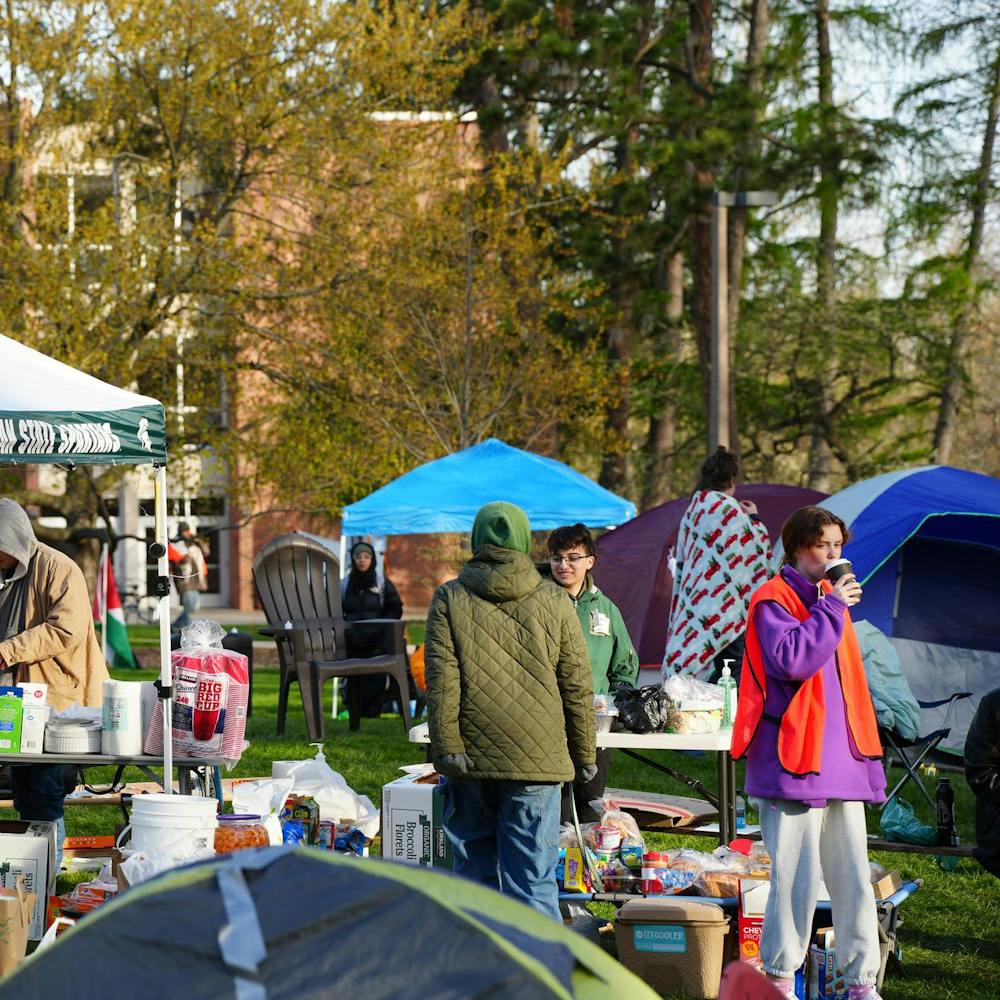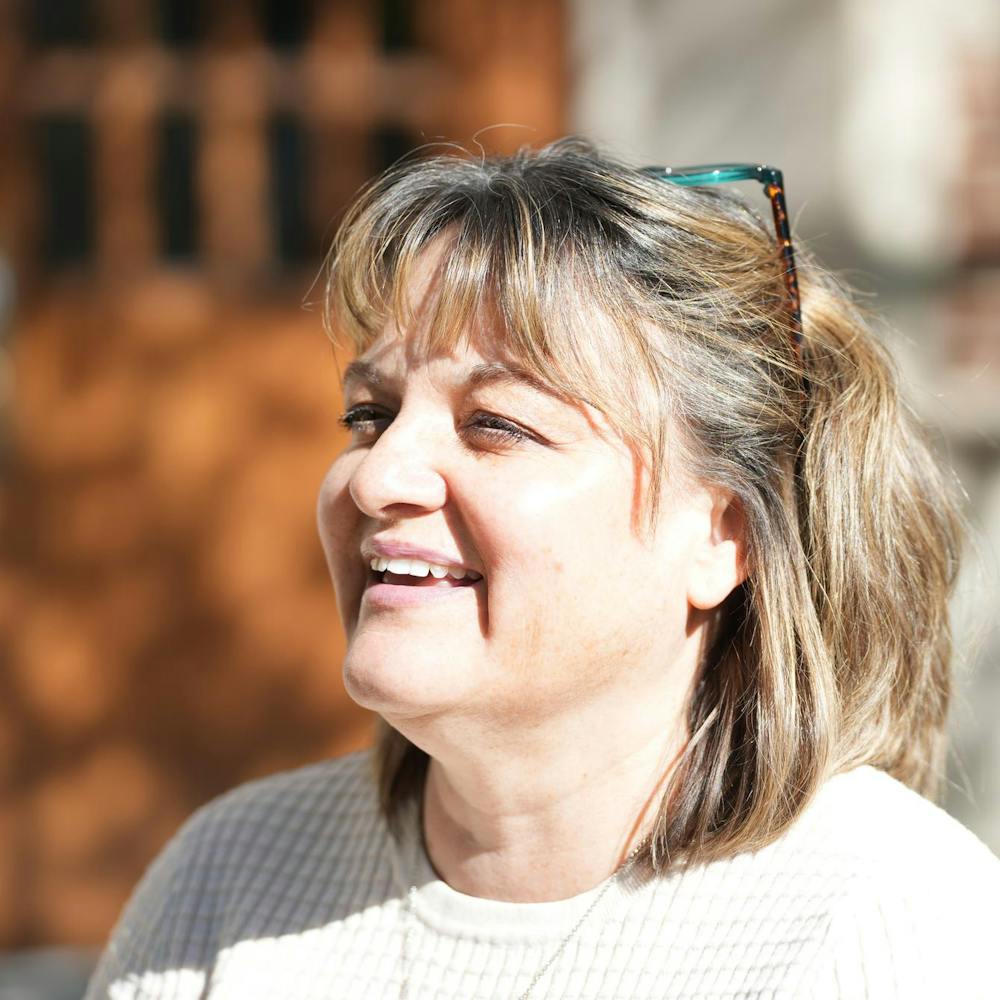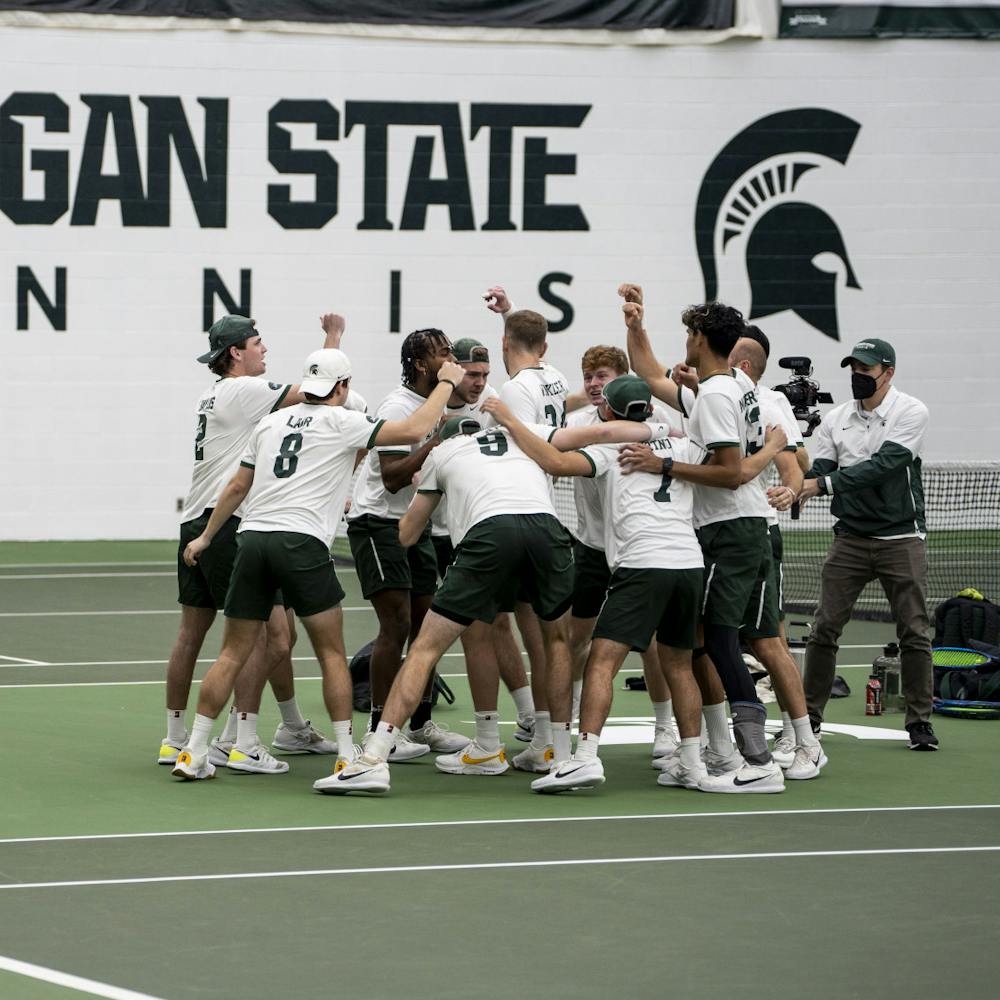Two years ago, Gary Wozniak was staring at a vacant lot in the heart of Detroit. Soon, when he goes back to that same area, he hopes to be able to pick fresh greens and tomatoes right off the vine. And in eight more years, he wants to see more than 2,000 acres of vacant lots throughout the city blossoming in the same way.
“The housing’s gone. The buildings are gone,” said Wozniak, the chief development officer for the Self Help Addiction Rehabilitation Inc., or SHAR. “This is an opportunity to take open space and repurpose it.”
Wozniak is leading a project called Recovery Park, a planned large-scale urban agriculture project near Detroit’s Eastern Market that aims to create jobs for people recovering from substance abuse. Started in 2008, the project has become a collaborative effort of more than 50 different organizations, including universities such as MSU, the University of Michigan and the University of Detroit Mercy.
The vision of the 10-year, more than $220 million project is to redevelop 2,200 acres of community spaces with small farms, interspersed throughout the area, Wozniak said.
For every job created on the farms, there also would be an additional three jobs created for the processing and delivery of the produce, Wozniak said.
“It’s also an opportunity for us to take a look at these communities where people are living very piecemeal throughout the neighborhood, moving houses on to different blocks and using farms as community gardens to connect people back together,” Wozniak said.
Wozniak said MSU professors and workers on the Student Organic Farm help guide the agricultural side of the project and he hopes MSU will use the park as a research lab once it’s up and running.
Recovery Park focuses on the idea of “productive landscapes,” where vacant lots are turned into productive commerce areas, said Charles Cross, a research and design fellow at the Detroit Collaborative Design Center.
In Detroit, many people don’t have cars and are only able to buy food that is in their immediate area, he added.
“A lot of times they don’t have a market nearby with fresh produce,” Cross said. “You can get all the chips and beer that you want within a very close radius, I’m sure. But you can’t get a fresh apple or tomatoes or lettuce … in the same proximity.”
Urban gardening is a huge movement in the U.S. with more than 1,200 of the gardens already popping up in Detroit, said Kristine Hahn, horticulture and natural resources educator for MSU Extension in Wayne County.
Detroit is an example of a “food desert,” Hahn said.
“I think that the biggest plus from community gardens and small agricultural ventures is the community development benefits,” she said. “Getting good food into areas that typically don’t have access and taking an abandoned lot that’s a magnet for crime and unsavory people and activities and turning it into something beautiful.”
Hahn said the reason people moved to Detroit 300 years ago was because of the nutrient-rich soil from river flooding.
“Development has changed that significantly, but the soil can be improved through our actions,” Hahn said.
The project is committed to producing all-natural fruits and vegetables, Wozniak said.
“We want everything to be organic, so we’re not bringing chemicals and pesticides into the city,” Wozniak said.
Support student media!
Please consider donating to The State News and help fund the future of journalism.
Discussion
Share and discuss “Recovery Park to bring fresh food to Detroit” on social media.






